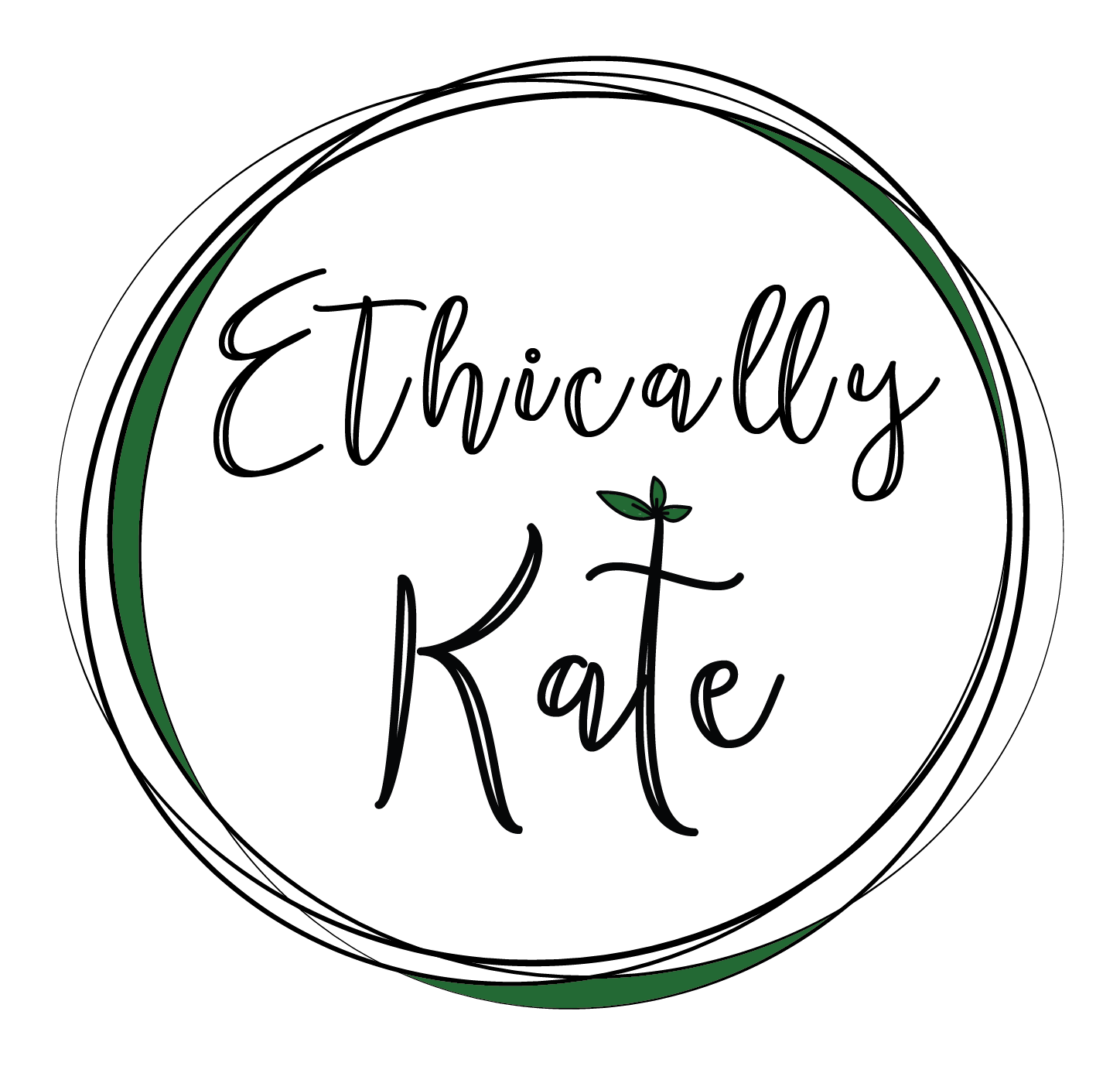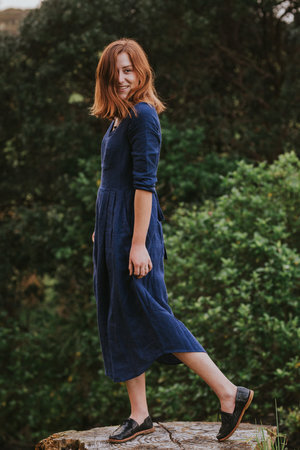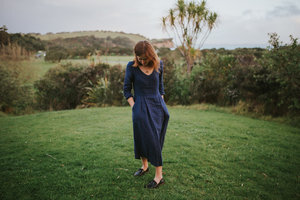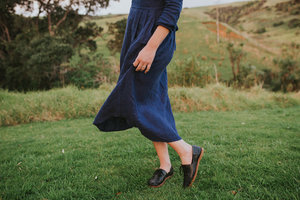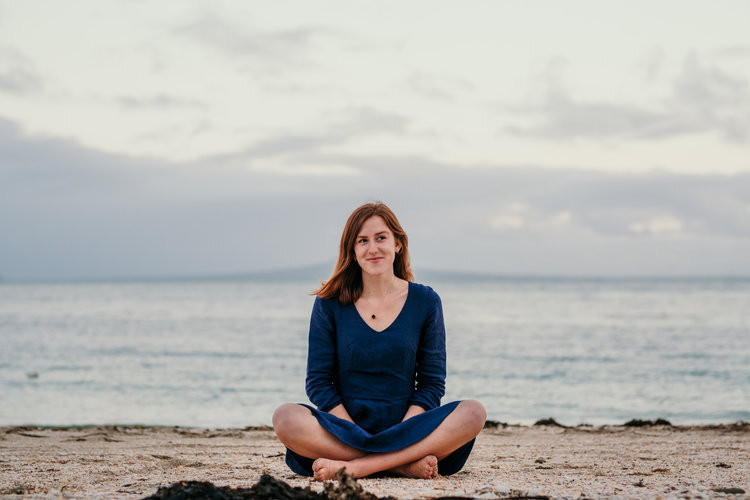Holi Boli: The Ethical Fashion Brand You Need To Know About
As an ethical fashion blogger with a minimalistic mindset and a hate for over-consumption, I’m constantly turning down ‘stuff’. I receive emails everyday with wonderful offers for items that are undeniably beautiful, but that I simply don’t need. It’s hard to explain to a brand doing awesome things that even though I admire what they’re up to: I. Don’t. Need. Any. More. Stuff.
I’m navigating this ‘blogger-sphere’ while sticking to my values, but still trying to find ways to hero brands who are incredible. Speaking of brands who are incredible… I’m here to talk about Holi Boli.
I find absolute comfort and joy when companies do not roll their eyes and walk away when I explain I don’t need their ‘stuff’. Holi Boli did not blink an eyelid when we discussed the option of auctioning or donating the garments once I had worn them, or renting them out to others in my community. I feel an affiliation and connection with Holi Boli like no brand ever before.
We get each other. They care for people and the planet in the same way I do.
To be honest, the two garments they gifted me have jumped so high to the top of my favourites list, that I’m unsure I could ever part with them. Regardless, Holi Boli are a company I am honoured to be part of and share about.
This is ethical fashion at its best.
Image by Nectar Photography.
Who Made My Clothes?
Deep in rural India, sits a workspace run by Holi Boli founder, Ana. 14 women work in this space, making clothing for Holi Boli, and other brands such as Tonic & Cloth. Before Ana turned up to the village with her family in 2010, these women had no opportunity to earn an income. Now, they are the main breadwinners for their families and are gaining respect from their communities- something most women do not get in this region.
Ana began Holi Boli as a humble sewing class. She has taught over 170 women how to sew, and launched Holi Boli with the goal to be able to offer these trained women a workplace to use their new skills. Although just 14 of them are employed, the goal is to ensure several hundred of them can be!
My life’s goal is to empower women to be able to lift themselves and their families out of poverty - Ana.
Using Fair Trade Certified, GOTS organic cotton, and other fabric suppliers who align with their ethics, these women create garments in fair conditions, stop for Chai breaks everyday at 11am, and are paid fairly for their incredible craftsmanship. I had the honour of visiting the workshop via Skype in August. Through a slightly pixilated screen, I waved at the women and was able to pick up on the family focused, relaxed but hard working vibe. I will definitely visit in person one day!
A few extra things I love about Holi Boli:
The care labels disclose who the fabric supplier is for each garment
The packaging is a simple, locally made, upcycled rice sack sewn into a market bag - they encourage you to reuse this, and it’s so strong I think I’ll reuse it forever!
They’re honest about how they could do better, and focus on taking small steps forward everyday
They use fabrics that will break down at the end of their lifetime
I’ve been wandering around in my Horizon Dress and Earth Explorer Top for the last month, trialling the garments before sharing them with you. There’s no doubt about it; Holi Boli sure know how to make clothes that don’t just do good by the people who make them, but the people who wear them too.
I’m talking deep dreamy pockets, linen, hem lines to die for, rich colours, jeans made without chemical treatments or artificial distressing, and styles that mean you can wear your garment several different ways.
Image by Nectar Photography.
Although I wish I sat down and interviewed Ana in person, over a cup of Chai at 11am in rural India, I still had the chance to ask her a few questions via email…
A day in the life of a Holi Boli woman:
Wake up
Complete house duties: sweep floors, cook breakfast and lunch, wash clothes by hand
Walk to local water pump and carry back a few bucket loads of water to the house
Take a bath: bucket and cup shower
Eat breakfast
Get kids to school
Walk a few hundred metres to the Holi Boli house @ 9am
Business training
Morning start up meeting
Sewing production
11am Chai break
1pm-2pm Lunch break (many of the ladies go home for this)
2pm - 5pm sewing
5pm - 7pm walk home and enjoy ‘social hour’
7pm house duties
9pm dinner
11pm sleep
Ana mentioned in our Skype chat that it gets REALLY hot over there… so I asked…
What's the hottest temperature it reaches over there?
We reached 53 degrees celsius in our first summer (2010), but since then it is usual to have a summers daily high of 47 degrees (end of April, May, June and then the rain comes and breaks it in July). At that time of year the kids are up at 4:30am and being picked up for school at 5:30am (our kids go to a local English-Medium school). School finishes at 10am in April instead of the usual 7:15am-1pm school day, Mon-Sat.
Usual winters daily high (Dec/Jan) is about 32 degrees.
In preparation for my future visit… If I were to travel to the Holi Boli workshop right now, how would I get there?
For the past ten years we have flown from Bangkok to Kolkata (2 and a half hours flight). Then we catch a 12 hour overnight train to Sambalpur, Odisha. We are based in a village on the outskirts of Sambalpur city, about a ten minute drive down the road.
About two months ago an airport opened in a city one hours drive away from us! Apparently they have flights from Kolkata! So you can fly now to Jharsuguda and then it's only a one hour car ride from there. We haven't taken the plane yet. Although it is super exciting that we can do a one hour 15 minute flight instead of the 12 hour train that we've been doing for the past 10 years!!!
What's your favourite part about the day-to-day Holi Boli work?
Seeing the ladies feeling safe and relaxed, laughing and chatting together. Seeing that they feel free. Seeing them grow both inside and out. Inside; a sense of worthiness building. On the outside; incredibly awesome tailoring skills - they are definitely the best tailors in Odisha! I love seeing these women, who I see as incredible, resilient, surviving unseen queens, starting to see themselves as valuable, precious and powerful sisters.
Image by Nectar Photography.
Although Ana would not change her situation for the world, Holi Boli has its challenges. It’s in a hard-to-reach location, Ana and her family of 5 are the only foreigners in their village, electricity is scarce, but they choose to stick at it every day.
The last paragraphs Ana left me with were powerful. They reinforced what ethical fashion truly is, and what fashion in general should be.
“We're not here because it's easy or convenient. We're here because we care, we're determined and we're fearless.
We see daily that ethical fashion can deeply empower women here, and for it to be funded by sisters in NZ, Australia (and where ever/whoever else cares about women's rights), it is a beautiful world we're creating together! A world where women lift other women up. It's all only possible when we have money to pay wages and rent!”
If you’d like to shop at Holi Boli: shop here.
Image by Nectar Photography. Wearing the Earth Explorer top in size 10.
As a rule, I only work with brands I love, use, and can whole heartedly back. I send the brand a large list of questions to answer first, and trial the product properly before saying yes to anything. This is a sponsored blog (I can't pay my electricity bill with free products), but 100% my own words, photos, and opinion.
Main Image taken by Nectar Photography.
